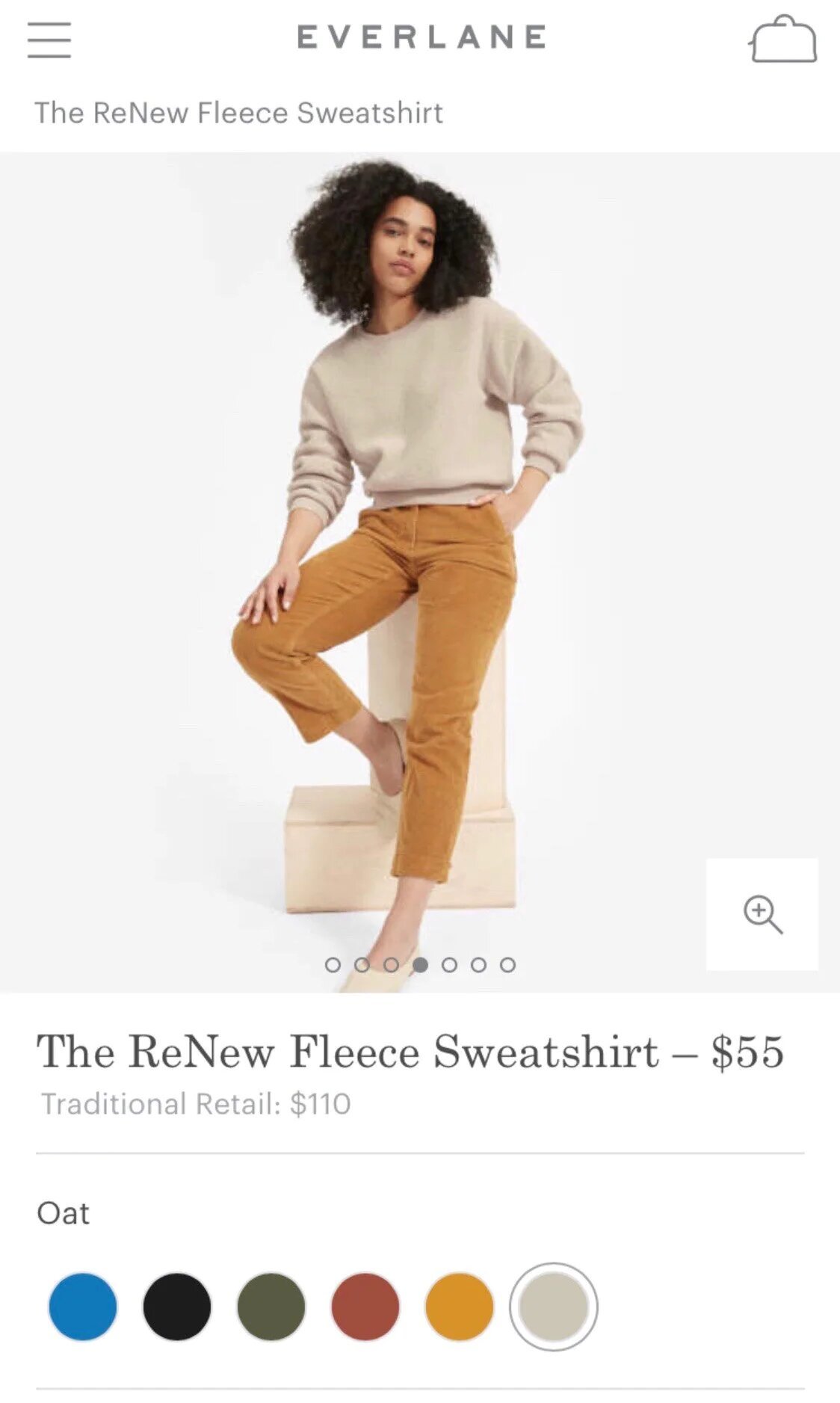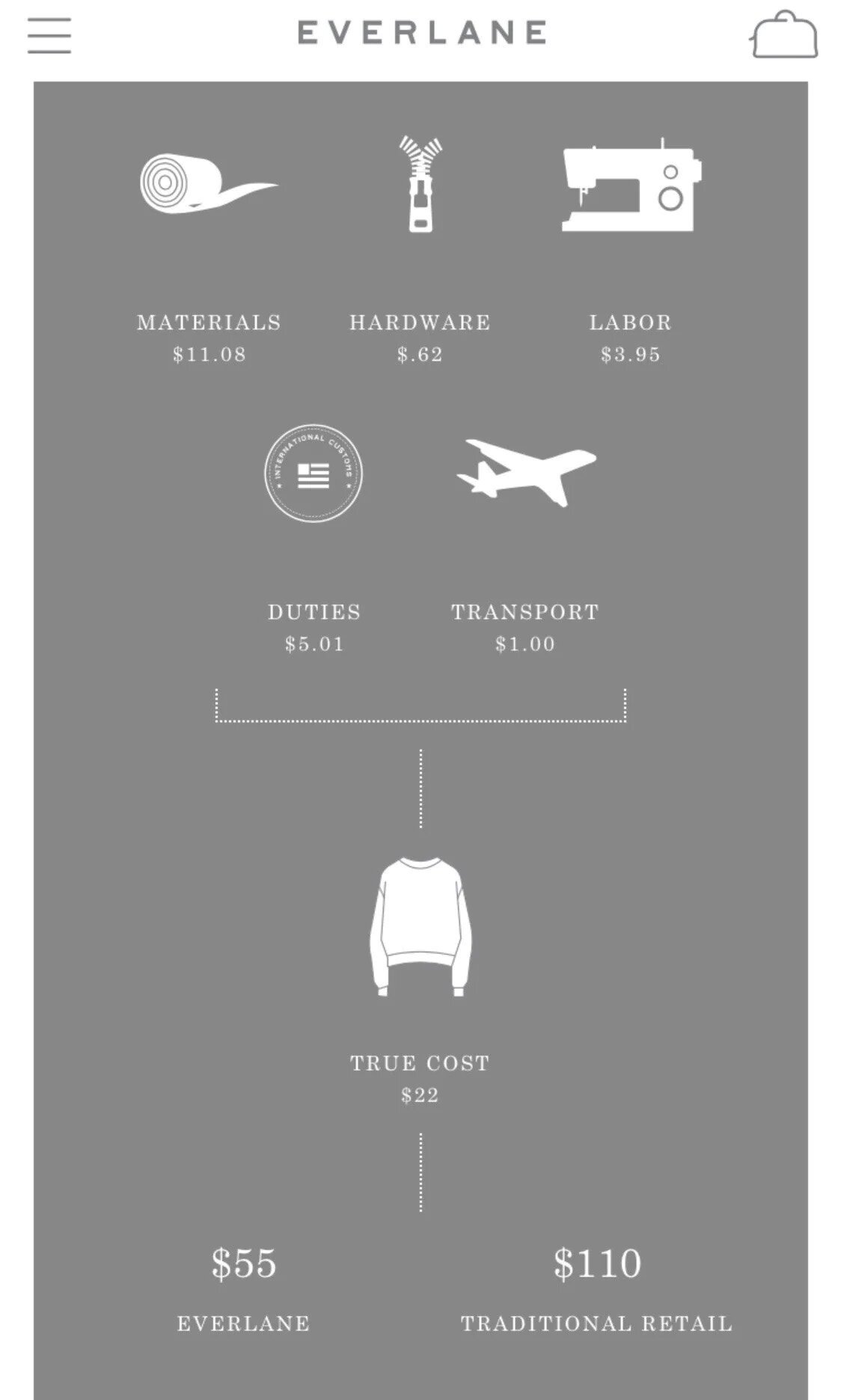This is the fourth installment in a Q&A series with Laura Perry. (Link to the first, second & third installments at the end!) We did this q&a over Instagram DM in Nov 2018, and shared the convo via screenshots.
This convo is saved in my Instagram highlights, and the full transcript is below (typos and all lol).
Laura Perry is the founder of LÜNA Coffee. She has happily spent more than a decade of her life in specialty coffee in Canada. Before starting LÜNA, she was the green coffee buyer for 49th Parallel in Vancouver, BC.

Where We Left Off
UM: When you start digging, how do you generally know what you’re told is accurate? You mentioned that often you’ve only learned of discrepancies situations after the fact, by checking in person.
What are some other ways you have verified transparency info in the past?
LP: Yeah it’s super tricky and complex, but still worth pursuing.
The only way to know for sure is …
The Only Way to Know for Sure
LP: … to get answers from multiple actors in the chain and especially the grower themselves.
In both my company, and where I worked previously, I collect and keep on file not only our side of the contract, but the purchase contract between the importer and exporter. In addition, I work with supply chains I’ve vetted and trust to help me gather the information.
In Colombia for example, for a producing family in Huila (Carlos & Patricia), we all sat in his house, myself, a representative from the exporter we use Azahar, and his family, and put together a complete picture of his cost of production. From there, we started to define what pricing is appropriate together so that they can make a good margin, just as we measure COGS (Cost of Goods Sold) in our business.
I’ll be honest, that is an almost impossible undertaking for most small roasters. It’s also a lot of time and resources to ask of all the players in the chain. That’s why it’s a good idea to get clear on who are good honest people to work with, and also find ways to stay in touch with the grower’s you buy from in a more direct way rather than asking the importer to do it all for you.
As an aside, Blockchain data technology is pretty interesting to me right now – but I have so many questions around it. Stay tuned on that one, and 👋🏼if anyone reading this is either using blockchain or has made a blockchain platform, I’d love to chat.
What Can Small Roasters Do?
UM: Right, it definitely is a lot of work, and seems better suited to larger companies. What can you do if you’re a small roaster?
LP: Yeah totally. To be completely honest it is easier to achieve transparency if you’re a larger company for sure.
On a personal note, it’s been a fascinating transition to be buying for a larger company who consolidates buys in container amounts, then shift to a tiny company who consolidates in pallet loads (and sometimes fewer).
People take more time with you when you’re a larger buyer. Plain and simple – You’re spending more so it makes sense.
UM: Yea totally.
LP: For supply chains that are already strong and focus on single producer lots though, it’s business as usual for us. For East Africa, since I’m a microscopic buyer, it’s been pretty difficult. Short of going over there, there are a few friends I can rely on to get access to smaller lots from single producers but that is fairly new legislation still.
One thing you can do if you’re a smaller roaster is band together and form a buying group. Combining your buying power makes it easier to achieve more transparent sourcing. 49th would do this with other roasters in the Bay Area for example when they were smaller (and just truck the coffee up once it gets unloaded at port). It’s a bit more coordination on everyone’s part, but as long as there’s a single contact point for the buying group (especially if there are many smaller buyers) to the importer/ exporter, it’s easy to manage.
As another aside, I have a hunch that the more affluent producers who have achieved fame and widespread recognition (usually for supplying Gesha for barista competitors) have done so well because they are undeniably accessible though online channels. I’d love to see smaller producers see that kind of success as well. All it takes is us collectively making the effort.
UM: I’m really into idea of using buying groups, to combine buying power and be able to get more transparency info – thank you so much for bringing that up!
LP: There are, what, like over 2k Roasters in the US or something like that? There’s so much opportunity for collaboration to really move the needle on some of these buying practices.
Transparency Models
UM: Who are some model companies that you think are doing a good job with transparency? (Doesn’t have to be coffee)
LP: You know what, I think we can take a tip from the clothing industry on this one.
Everlane is striking a really nice tone with clarity, and easy to digest information about their supply chains. They are going at it from a bit of a different angle (promoting a lower price because the cost of maintaining brick and mortar locations is way less than traditional retailers), but its really easy to see how their pricing breaks down.


LP: For the coffee industry, I think the big confusion is this:
People obviously don’t want to support harmful supply chains that keep people in poverty.
Meanwhile, almost every coffee company has the exact same messaging. “We’re traceable, we’re transparent, we work closely with farmers.“
So how is anyone supposed to know who is actually doing the work?
I think the first step is to start to define “what is a good base price for the farmer, and who is getting what? What makes sense?” Rather than simply “we pay high prices”. Really start to define these things.
I bring up Everlane up specifically because the tone they strike – It’s a feeling of putting the power back in the customer’s hands so they can understand what they are supporting and make the choice of where their dollars are going.
UM: Totally makes sense! So like – Everlane’s transparency info is communicated with really consumer-facing clarity, rather than using jargon / euphemisms – is that it?
LP: Yup!
I’m not in the clothing industry, but I can look at any product they have and see what was spent on materials, labour, travel etc
It’s going to look a bit different for coffee… but it’s a really nice, positive and clear model that is empowering for everyone
UM: Thank you for sharing about that!
How Transparent is Too Transparent?
I have one last question, and I am really curious to hear your thoughts on this – can transparency ever be too transparent?
Like, is there a point where it can be TMI or invasive, either in how the info is obtained, how it’s communicated, or who it’s communicated to?
LP: That’s a really great question!
I think, when in doubt, ask the players involved what they think. You’ll notice on our website we’ve started to collect transparency info for some of the coffees we buy. We’ve asked permission for it. For other coffees, in some cases we either don’t have all the info yet, or we were told we couldn’t publish it.
There are a couple points of view that I have – first is that transparency is always good because it holds everyone accountable and being disruptive is in essence a good thing.
The other is that this information might seem private to a grower – and as long as we know internally that we are supporting good healthy supply chains then that is enough.
Umeko, you should host a debate about this if you’re up to it! It’s a really interesting question to unpack and I’d love to hear points of view from different stakeholders in the supply chain.
UM: That would be really great!
Thank you so much for your time and your thoughts! I always learn SO MUCH from you.
And i noticed that you just launched a new coffee on your site, w a bunch of cool transparency info, so I’m gonna go check that again rn !!
LP: Thanks Umeko!
I hope these little q&as have inspired people to learn more and dig deeper 💫
The first installment in this series is here.
The second installment is here.
The third installment is here.
LÜNA Coffee is online at enjoylunacoffee.com
and Instagram at @enjoylunacoffee
Umeshiso is on Instagram at @umeshiso_

